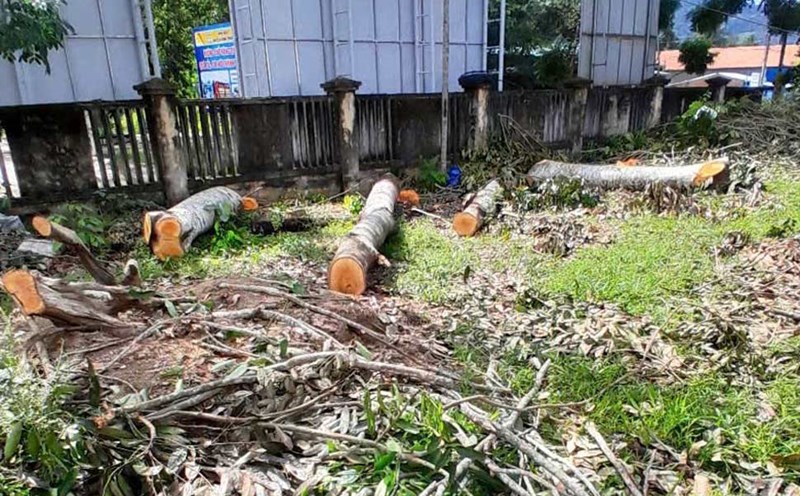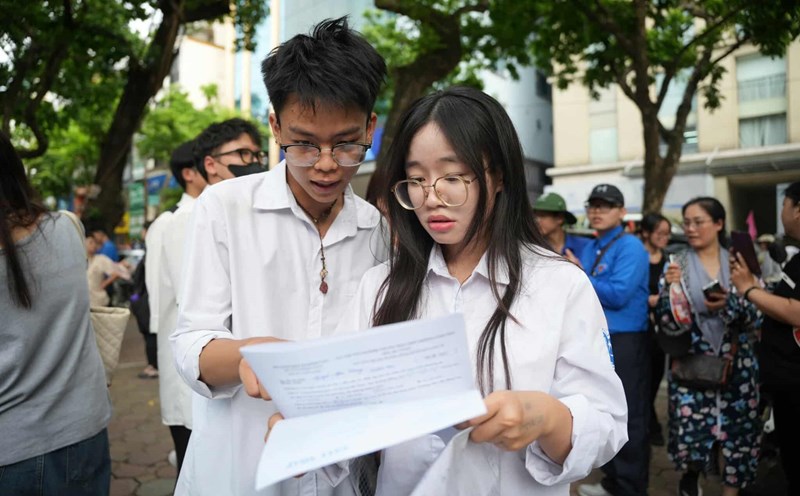Records in Ho Chi Minh City show that recently, some restaurants have appeared announcing that they only accept cash and do not accept bank transfers. This has caused difficulties for people and tax management.
"I still rarely use cash because now I can transfer money anywhere. In the past 2-3 weeks, when I went out to eat or met a restaurant but did not receive a bank transfer, this made me very surprised and afraid to come back to eat later" - Ms. Duong Linh (living in Thu Duc City) shared.
Mr. Nguyen Quoc Thinh - a restaurant manager in Phu Nhuan district - said: "I am also thinking about gradually switching to using computers to make money, issue electronic invoices, because I see that customers now often use e-wallets and transfer more money. If I don't convert, customers won't come and I can't do business."
Mr. Nguyen Hoa Bac - Head of the Department of Personal Taxation, Business Households and Other Collections, Tax Department of Region 2 - said: "Regarding the phenomenon of some business households providing goods and services but not making invoices, only accepting cash payments, I think that the Government and ministries and branches have implemented many programs to promote cashless payments. Since the beginning of June 2025, the State Bank has coordinated with the Ho Chi Minh City People's Committee and many other units to organize activities such as the Cashless Festival, to spread electronic payments in the community".
However, with businesses continuing to maintain only accepting cash when transacting, not using non-cash payment methods, they are reducing their competitive advantage in the modern business environment. In addition, there are signs of lack of transparency in business operations for state management agencies.
If business households are required to issue electronic invoices according to the provisions of Decree 70/2025/ND-CP without issuing invoices, it is a violation.
If during the business process, the business household does not fully declare actual revenue to pay tax, this behavior can be considered tax evasion. According to regulations, tax evasion can be handled with a fine of 1 to 3 times the tax evasion number. In case the amount of tax evasion is 100 million VND or more, it can be considered for criminal prosecution under Article 200 of the 2015 Penal Code.
Regarding solutions, the tax sector has been implementing many measures to strengthen management of business households. For business households showing signs of only receiving cash when transacting, we have issued an official dispatch directing local tax departments to review and inspect business households showing signs of violations, and strictly handle them in accordance with the provisions of the law on tax.









